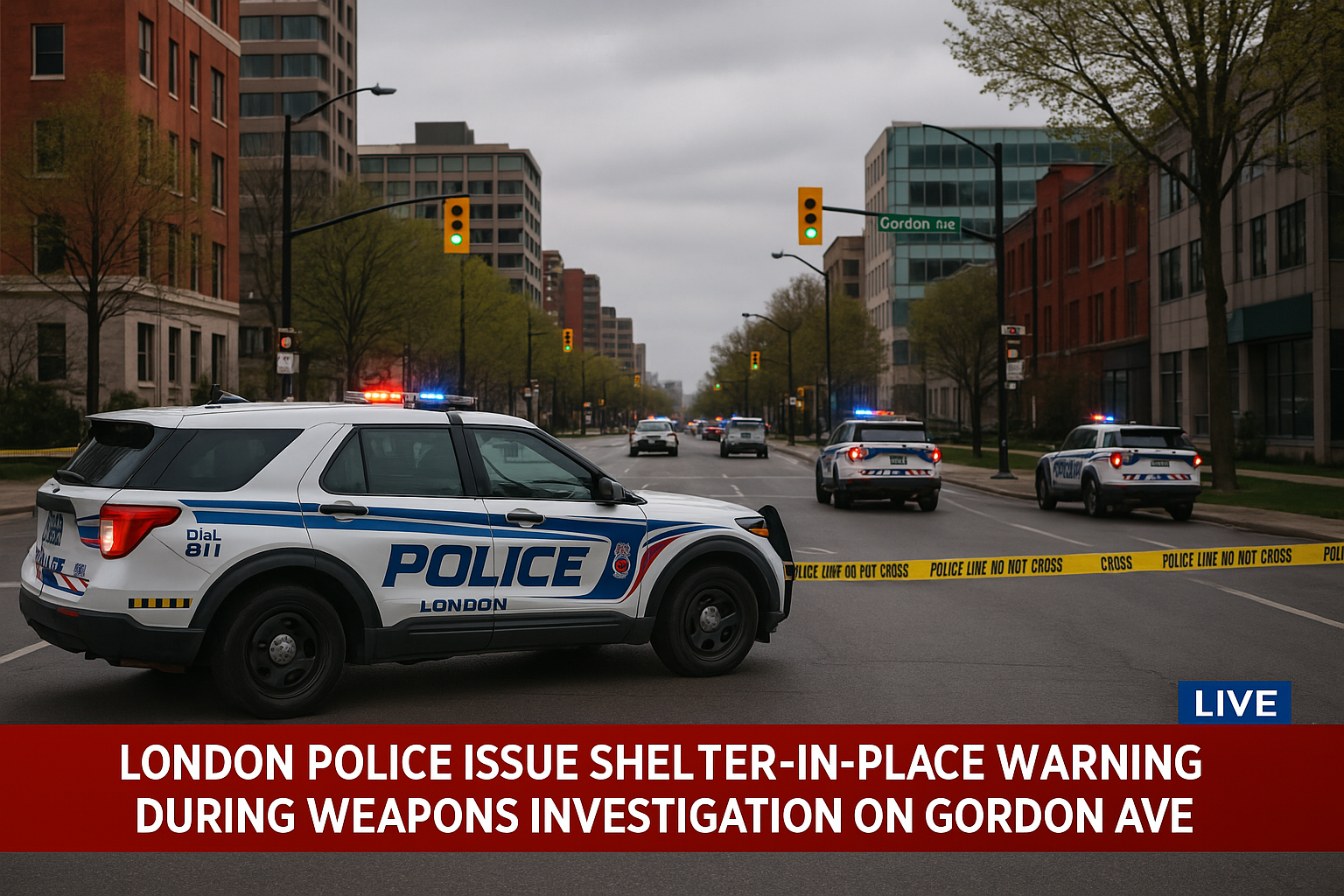
As Port Stanley continues to grow as a popular destination, the surge in tourism is putting pressure on local infrastructure, housing, and services. In response, the Municipality of Central Elgin (CE) is moving to implement a short-term rental (STR) licensing program aimed at striking a balance between visitor accommodation, public safety, and long-term community sustainability.
“Five or six years ago, you might have found 75 to 100 short-term rental properties in the village,” said Kim Saunders, president of the Port Stanley BIA and owner of the Windjammer Inn. “Now, we’re looking at closer to 1,000.”
The proposed licensing program will prioritize safety and regulatory compliance while aiming to remain revenue neutral, according to Delany Leitch, Central Elgin’s deputy clerk.
“There are so many elements to consider—fire safety, building codes, parking concerns, especially in high-traffic areas like Port Stanley,” Leitch explained. “It’s really about ensuring these spaces are safe for everyone.”
Community Weighs In
This week, CE officials met with stakeholders including STR owners, local businesses, and community members. Opinions varied, but many attendees recognized the need for oversight—particularly when it comes to guest and landlord safety.
Jeff West, a local realtor who owns multiple STRs, admitted he was skeptical at first but found value in the discussion.
“They made solid points about safety—working fire alarms, emergency exit plans—and having a public registry so the Visitor Centre can help tourists find licensed places to stay,” said West.
Still, he voiced concern about overregulation or placing a cap on the number of STRs, warning that such restrictions could hurt the local economy.
“My tenants dine out almost every night in the summer. That’s revenue for our restaurants and shops,” West noted. “If too many short-term rentals are shut down, we could end up with a lot of vacant, under-equipped properties that aren’t suitable for long-term tenants anyway.”
Some landlords, wary of the ongoing tensions around renters’ rights, prefer STRs as a more manageable and flexible model.
Finding a Balanced Approach
For Kim Saunders, fairness is key.
“As a business owner, I undergo regular inspections and pay higher insurance premiums,” she said. “Short-term rentals shouldn’t necessarily have to meet the same standards as full commercial operators, but there should be reasonable, balanced oversight.”
To develop the program, Central Elgin has been consulting with other municipalities for best practices. Early considerations include:
-
Occupancy limits
-
Sewage and waste management
-
Smoke and carbon monoxide alarm requirements
-
Parking standards
-
Insurance and liability guidelines
-
A potential demerit point system for repeat violations
-
A renter’s code of conduct and third-party monitoring
Public Engagement in Progress
Before any final decisions are made, CE is actively seeking public input through an online survey and community open houses:
-
Tuesday, March 25 in Belmont
-
Wednesday, March 26 in Port Stanley
“It really needs to be community-informed,” said Leitch. “Whether you’re a property owner, a neighbour, or someone just passing through—we want your feedback. Because this isn’t a one-size-fits-all issue.”
With short-term rentals serving everyone from vacationers to temporary workers and large family gatherings, Central Elgin is navigating a complex challenge: how to protect safety and livability without stifling the village’s vibrant tourism economy.





